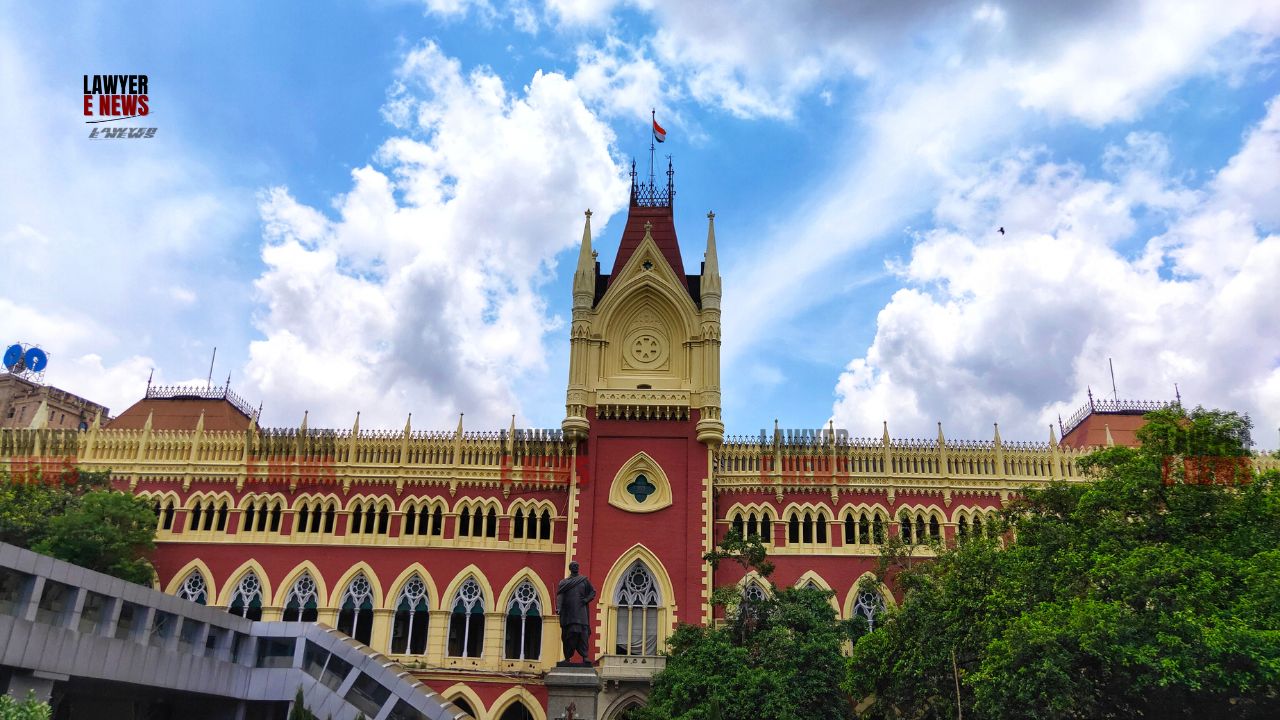-
by Admin
15 February 2026 5:35 AM



Calcutta High Court in Sk. Hozra Ahmed & Ors. v. Moinur Laskar & Ors. (C.O. 3146 of 2022) quashed the decision of the Waqf Tribunal, which had earlier set aside the Waqf Board’s resolution regarding the appointment of a Mutawalli (trustee) for a Waqf property. The Court directed the Waqf Board to reconsider the issue of Mutawalliship in accordance with the Waqf deed and after hearing all interested parties.
The case involved a Waqf property in Mouza-Thanamakhua, Howrah, established through a Waqfnama (deed) by Amcharrudin Laskar in 1895. The deed specified that after his death, his wife could reside on part of the property, but no heirs could claim ownership. After the demise of the original Mutawalli, Dewan Laskar, villagers formed a committee to manage the Waqf property, and the Waqf Board enrolled the property as E.C. No. 15095, appointing Rehan Ali Khan as Mutawalli.
In 2019, the Waqf Board resolved to form a committee to manage the property, but the Tribunal set aside this decision following objections from descendants of the original Waqif (founder). The petitioners, challenging the Tribunal’s ruling, sought to uphold the Waqf Board’s resolution.
The key issue was whether the descendants of the Waqif had any claim to the Mutawalliship of the Waqf property, given the clear provisions of the Waqfnama that no heirs could claim rights.
The High Court observed that the Waqfnama explicitly stated that none of the Waqif’s successors had any right over the property, except for Dewan Laskar, who was permitted to appoint a Mutawalli but did not do so before his death. As a result, any claim by the descendants was without merit.
The Court criticized the Tribunal for focusing on issues of hereditary succession, despite the Waqfnama’s clear intention to exclude successors from claiming rights over the property. It further noted that the Waqf Board’s resolution to appoint a committee was legal, although it had expired by the time of the judgment.
Justice Bibhas Ranjan De ruled that the Waqf Tribunal’s order was flawed because it ignored the Waqif’s intention as expressed in the Waqfnama. The Court set aside the Tribunal’s decision and directed the Waqf Board to resolve the issue of Mutawalliship within eight weeks, giving all interested parties an opportunity to be heard.
The Court made it clear that the Waqf Board must adhere to the terms of the Waqfnama and the relevant legal principles when reconsidering the appointment of the Mutawalli.
The Calcutta High Court quashed the Waqf Tribunal’s order and instructed the Waqf Board to re-examine the issue of Mutawalliship, ensuring that the original Waqif’s intentions, as laid out in the Waqfnama, are respected.
Date of Decision: October 4, 2024
Sk. Hozra Ahmed & Ors. v. Moinur Laskar & Ors.
